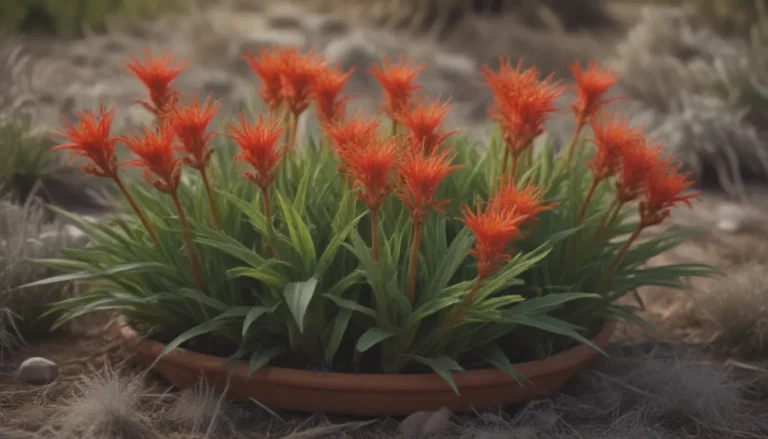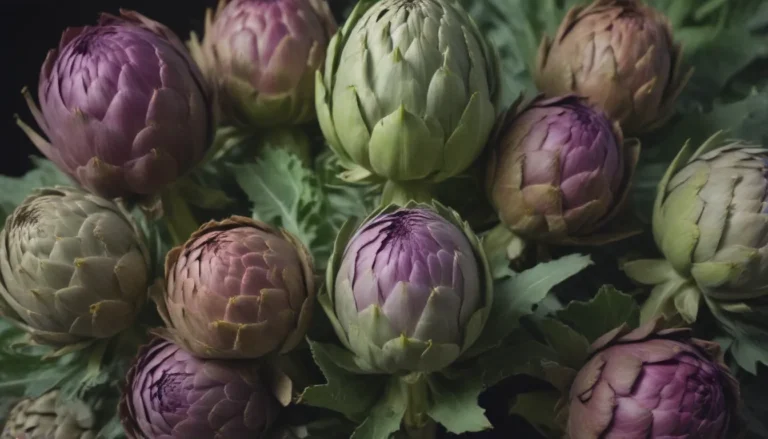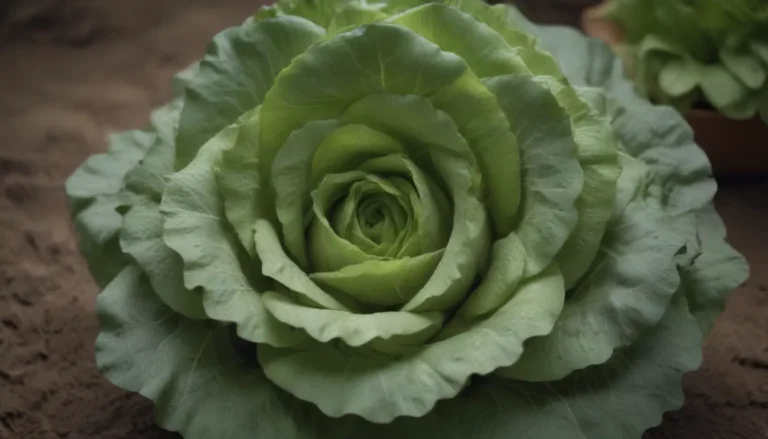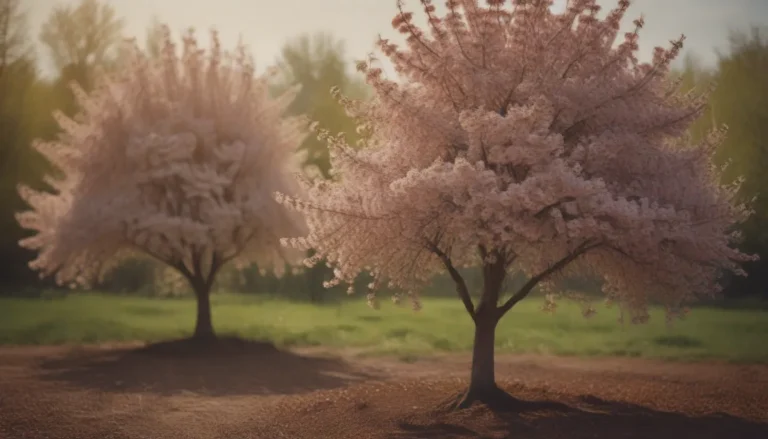Understanding Orchids and Your Furry Friend: A Comprehensive Guide
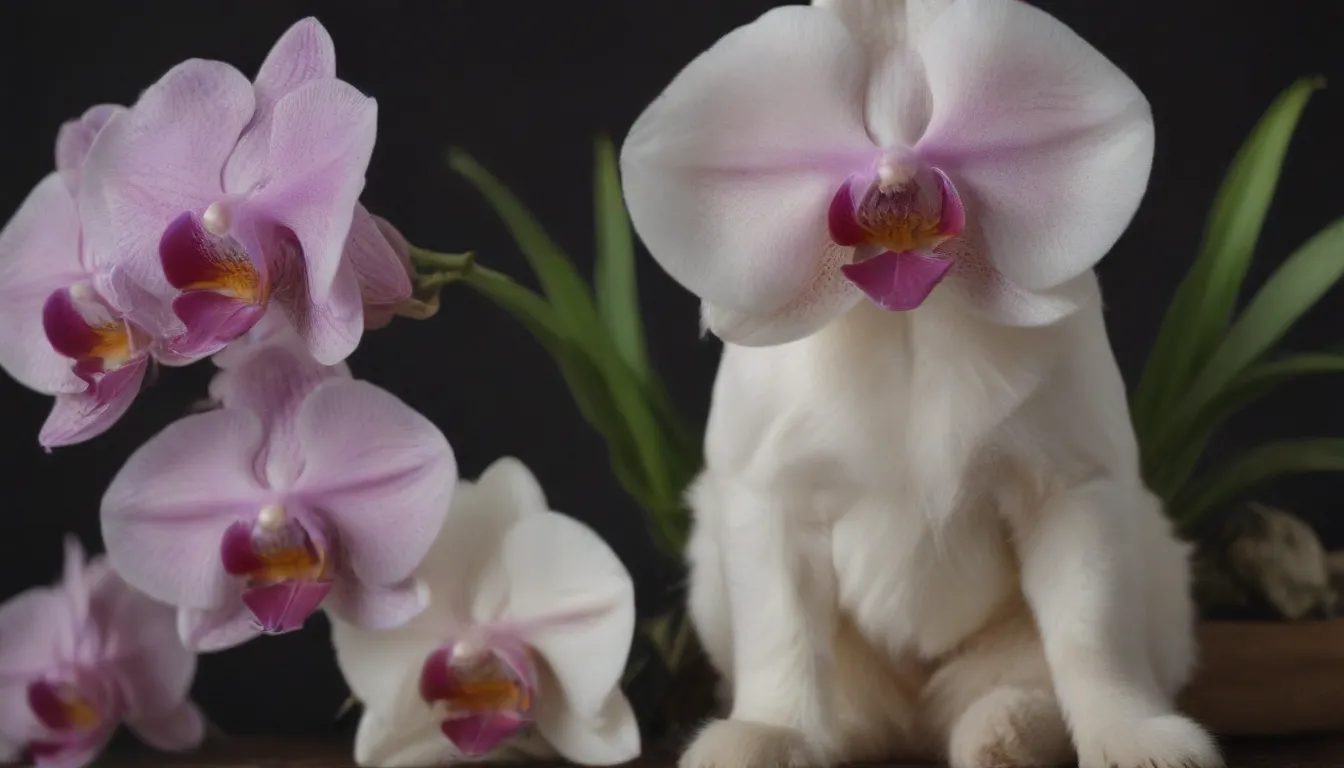
Are you a plant lover with a furry companion at home? If so, you might have concerns about whether the beautiful orchids you adore could pose a risk to your beloved dog. In this in-depth guide, we’ll explore everything you need to know about the relationship between orchids and dogs, including their toxicity, potential risks, and how to keep your pup safe and your plants thriving.
Orchids Unveiled
Orchids are not just any houseplant; they are exotic beauties that have captured the hearts of plant enthusiasts worldwide. Known for their long-lasting blooms and stunning variety, orchids like the popular Phalaenopsis are a favorite among indoor plant aficionados. Caring for orchids typically involves providing a warm, humid environment away from direct sunlight, making them an excellent addition to any home.
Do Orchids Pose a Threat to Dogs?
The good news is that the majority of orchids, including the popular Phalaenopsis genus, are not toxic to dogs or cats, according to the ASPCA. While there haven’t been reports of orchids causing major issues for dogs, it’s essential to exercise caution, especially when introducing rare or untested orchid species into your home. Although most orchids are safe for pets, it’s crucial to be mindful of potential skin irritation that certain varieties, like lady’s slipper orchids, may cause upon contact.
Why Dogs Shouldn’t Ingest Orchids
Even though orchids are generally considered safe for dogs, it’s still not advisable to let your furry friend snack on your prized plants. Orchids are delicate, and a single bite could damage the blooms you’ve worked hard to nurture. Additionally, non-toxic plants can still lead to gastrointestinal issues in dogs if consumed in large quantities. Moreover, substances like orchid bark, pesticides, herbicides, and chemical fertilizers used on plants can be harmful to dogs, causing stomach upset or even intestinal blockages.
Preventing Your Dog from Eating Orchids
To protect both your pet and your plants, it’s crucial to implement strategies that discourage your dog from munching on your orchids. Understanding the reasons why dogs may eat plants, such as instinctual behavior, boredom, or stress, can help you address underlying issues effectively. Here are some tips to prevent your dog from eating your orchids:
- Pet-proof your plants: Place orchids out of reach or use deterrents to prevent dogs from accessing them.
- Increase enrichment: Provide toys, puzzles, or activities to keep your dog mentally stimulated and less likely to turn to plants for entertainment.
- Address anxiety: Identify and address any sources of stress or anxiety in your dog’s environment to reduce plant-eating behavior.
If your dog does consume parts of your orchid, monitor them closely for any signs of illness and contact your veterinarian if necessary. While most orchid species are safe for dogs, it’s always wise to research the toxicity of any new plants you bring into your home and opt for pet-safe options whenever possible.
Choosing Pet-friendly Plants
While orchids are generally safe for dogs, there are other plant species that can pose a significant risk to your furry friend. Plants like sago palms, foxgloves, castor bean plants, and larkspurs are highly toxic to dogs and should be avoided in homes with pets. Always research a plant’s toxicity before introducing it to your living space to ensure the safety of your pets.
In conclusion, while orchids are not toxic to dogs, it’s essential to take precautions to prevent your furry friend from nibbling on your plants. By understanding the potential risks, implementing preventive measures, and choosing pet-friendly plants, you can create a safe and harmonious environment for both your dog and your beloved orchids. Remember, a little bit of knowledge and proactive care go a long way in keeping your home a happy and healthy space for all its inhabitants.
Sources:
– The Official Top 10 Pet Toxins of 2022. ASPCA.org
– Orchids for Everyone: The Most Popular Orchid Genera and How to Identify Them. Penn State Extension Office
– Phalaenopsis Orchid. ASPCA.org
– Exploring the Orchid Family Tree. Kew Royal Botanical Gardens
– Cypripedium. North Carolina Extension Gardener Plant Toolbox
– Toxic and Non-Toxic Plants. ASPCA.org
– Organic Herbicides Toxic to Animals. Merck Veterinary Manual
– Karen Lynn Chieko Sueda, Benjamin Leslie Hart, Kelly Davis Cliff. Characterization of Plant Eating in Dogs. Applied Animal Behaviour Science. 2008;111(1-2):120-132
– Sago Palm. ASPCA.org
– Foxglove. ASPCA.org
– Castor Bean Plant. ASPCA.org
– Larkspur. ASPCA.org

